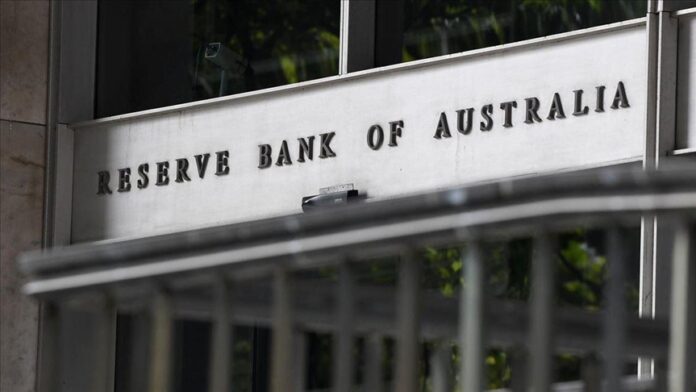
Australia’s central bank lowered its benchmark interest rate to a two-year low on Tuesday, citing progress in curbing inflation but warning that global economic uncertainty, particularly surrounding U.S. tariffs, continues to weigh on the outlook.
The Reserve Bank of Australia (RBA) reduced the cash rate by 25 basis points to 3.85 percent, marking its lowest level since May 2023. The decision follows a similar cut in February—the first since November 2020.
Despite signs of improvement on the inflation front, the RBA cautioned that “considerable uncertainty” persists, especially as the world grapples with the broader implications of U.S. President Donald Trump’s tariff policies.
“These developments are expected to have an adverse effect on global economic activity,” the RBA said in a statement, warning that businesses and consumers may delay spending while awaiting greater clarity.
Treasurer Jim Chalmers welcomed the move but acknowledged that challenges remain: “We know the job isn’t done yet. There’s more work ahead, but this is a positive step.”
Like other major central banks, the RBA aggressively raised interest rates in recent years to counter inflation driven by the COVID-19 pandemic and the war in Ukraine. Inflation has since eased, falling from a December 2022 peak of 7.8 percent to 2.4 percent, according to RBA data.
Nevertheless, many Australian households continue to struggle with elevated costs for essentials such as food, fuel, and housing.
